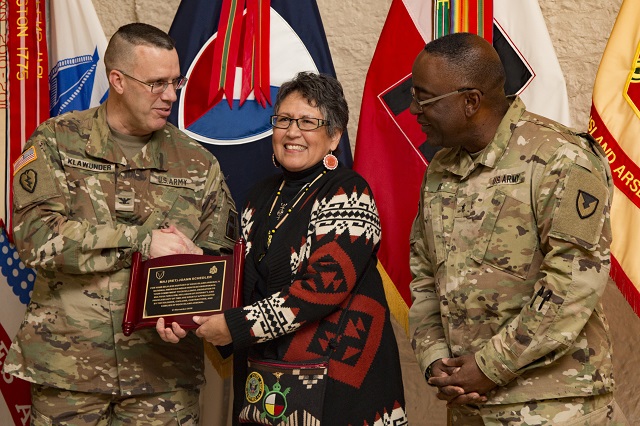
Lincoln deliberately avoided an explicit policy statement for fear of antagonizing Border State sentiment. It was not clear that slaves thus employed would become free.

Historian Michael Burlingame wrote: “Some blacks had begun serving aboard Union warships as early as the fall of 1861. After leaving Wilberforce College, he enlisted in the First Missouri Volunteers, and on August 10 died in his first experience of battle, at Wilson’s Creek, in southwest Missouri.” 1īlacks generally, however, were frustrated in their efforts to join the Union army. Packard wrote “The army barred George from openly joining the service as a Negro (the few blacks then serving in the Union army did so almost exclusively as cooks and as servants to officers), but his light complexion had allowed him to pass as white. Prior to the Civil War, she had worked for the wife of Mississippi Senator Jefferson Davis. Another early black casualty was George Keckley, son of Elizabeth Keckley, the emancipated black dressmaker to Mary Todd Lincoln. One of the first Union casualties of the Civil War in April 1861 was a black militiaman from Pennsylvania, Nicholas Biddle. (Longman Publishing Group, September 2000) The American Civil War: Explorations and Reconsideration’s

Susan-Mary Grant, and Brian Holden Reid, editors. Michael Burlingame, Abraham Lincoln: A Life


 0 kommentar(er)
0 kommentar(er)
